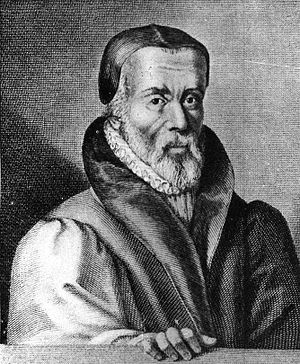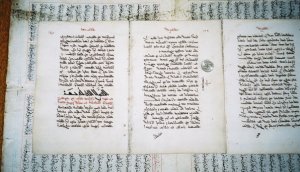Evensong is a peculiar Anglican creature. It is the liturgy that has become the most distinctively Anglican and has become a treasured bulwark of tradition. This article is a little, geeky exploration of what is Evensong and its sub-species.
The word ‘Evensong’ is first documented by the OED in the Old English of the Canons of Ælfric (c. 1000) as æfen-sang. Until the Reformation, this English word was used to describe the office of Vespers, the seventh of the round of eight daily offices, said just before sunset.
Archbishop Thomas Cranmer produced two drafts of how the reformed Church of England should pray each day. The first, more radical plan was to consolidate the eight offices down to two. When, eventually, Henry Tudor junior died, Cranmer was free to produce the first Book of Common Prayer, published 1549. Its two daily offices were named ‘Matins’ and ‘Evensong’ (the former being the name of the first of the pre-Reformation offices, which also had the colourful Old English name uht-sang, which persisted as ‘Oughtensong’ in Middle English). With Cranmer’s revised Prayer Book of 1552, the quaint (or poetic) names of the two offices were officially replaced with the more robust (or prosaic) ‘Morning and Evening Prayer’. Yet the old names continued to live on, to the extent that it is rather daft to speak of ‘Choral Evening Prayer’.
Because of the pressures on Sunday mornings, especially with the restoration of the Parish Eucharist as the main Sunday mid-morning service, major celebrations of Matins have become rather few and far between. However, in twilight isolation Evensong has remained strong. In the nineteenth century, the ‘Fully Choral Service’ became a sign of aspirational excellence in neo-gothic, middle-class churches, aping cathedrals with their processions and besurpliced choirs. I believe that movement has skewed our understanding of Evensong to assume that only a proper Choral Evensong will do, when we have forgotten how to do a good — liturgically and musically — Evensong that is suited to a church that cannot really cope with the demanding choral repertoire.
What about those sub-species?
Continue reading “A spotter’s guide to Evensong”






 Ad fontes is a Latin phrase meaning ‘to the sources’, a favourite motto of Renaissance humanism. I am particularly thinking of Erasmus of Rotterdam with this phrase, recalling his invaluable biblical scholarship. Renaissance humanism both laid the groundwork for the Reformation and re-engaged with the writers of the early church.
Ad fontes is a Latin phrase meaning ‘to the sources’, a favourite motto of Renaissance humanism. I am particularly thinking of Erasmus of Rotterdam with this phrase, recalling his invaluable biblical scholarship. Renaissance humanism both laid the groundwork for the Reformation and re-engaged with the writers of the early church.